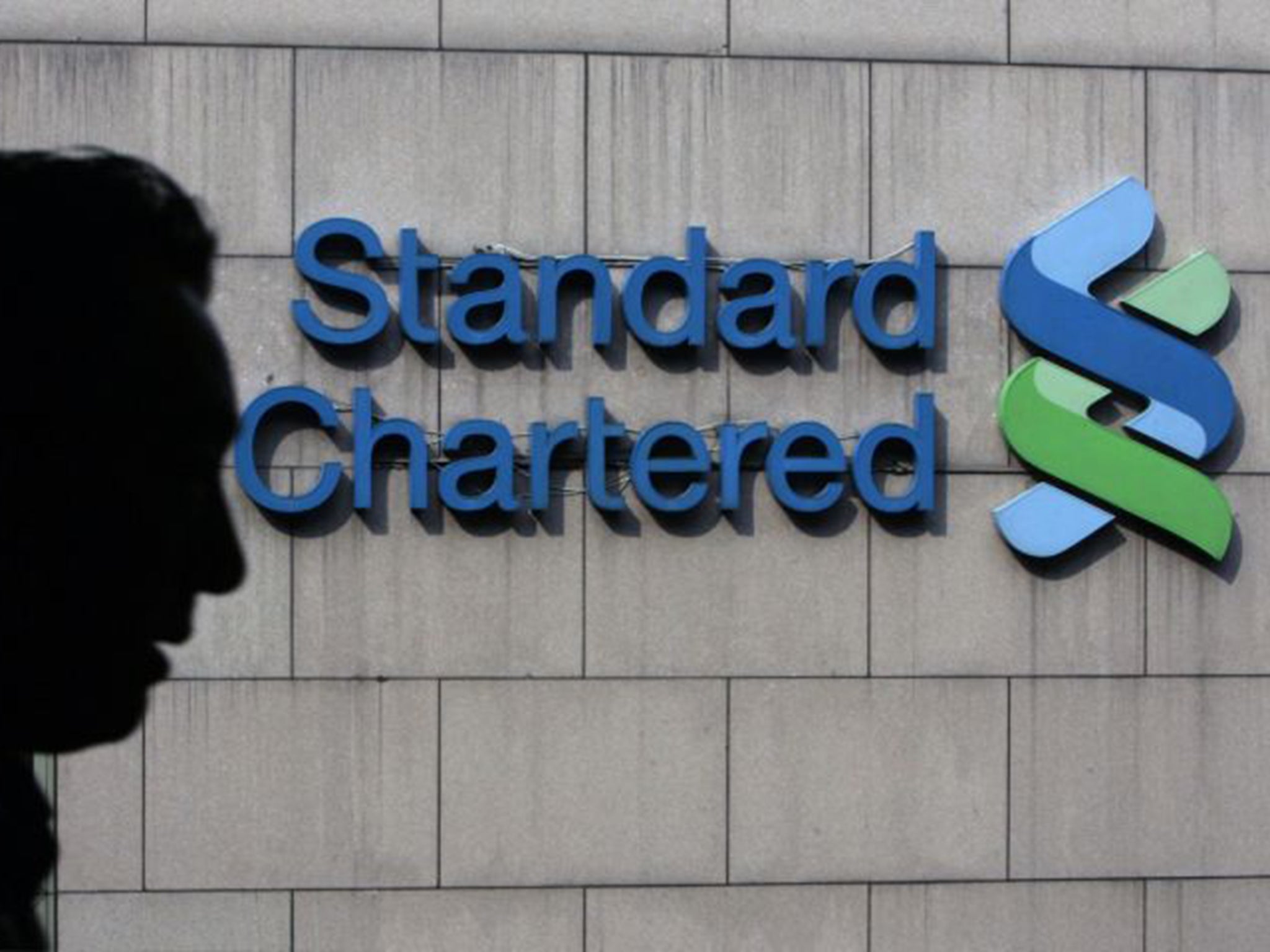BoE stress tests to focus on Asia and the eurozone
This year’s test includes shocks such as a contraction of more than 2 per cent in the eurozone economy

Your support helps us to tell the story
From reproductive rights to climate change to Big Tech, The Independent is on the ground when the story is developing. Whether it's investigating the financials of Elon Musk's pro-Trump PAC or producing our latest documentary, 'The A Word', which shines a light on the American women fighting for reproductive rights, we know how important it is to parse out the facts from the messaging.
At such a critical moment in US history, we need reporters on the ground. Your donation allows us to keep sending journalists to speak to both sides of the story.
The Independent is trusted by Americans across the entire political spectrum. And unlike many other quality news outlets, we choose not to lock Americans out of our reporting and analysis with paywalls. We believe quality journalism should be available to everyone, paid for by those who can afford it.
Your support makes all the difference.A sharp economic downturn in Asia and the eurozone, falling commodity prices and illiquid financial markets will form the backdrop to the Bank of England’s stress tests for the UK’s biggest banks this year.
Co-op Bank, the only one of the eight which failed last year’s test, has been left out this time, as it is still undergoing massive restructuring.
The annual test was criticised last year for focusing too much on the domestic picture. This year’s test will include a scenario where property prices tumble in China and the renminbi falls against the dollar. That aims the test more at HSBC, Standard Chartered and Barclays rather than UK-focused banks such as Lloyds.
The Governor, Mark Carney, said: “By assessing the resilience of the UK banking system against a major external shock, we will improve further our ability to identify vulnerabilities and we will ensure that banks have plans in place to address a wider range of possible stresses.”
This year’s test includes shocks such as a contraction of more than 2 per cent in the eurozone economy, home to key British trading partners, and a slowdown in growth in China to 1.7 per cent by the end of the year, tipping Hong Kong into a deep recession.
“As a forward-looking regulator, our job is never complete,” Mr Carney said. “We’re committed to ensuring our major banks are resilient, that they can weather shocks without calling on taxpayer support, and that they can continue to lend even in adverse conditions.” The results will be published in December.
Join our commenting forum
Join thought-provoking conversations, follow other Independent readers and see their replies
Comments